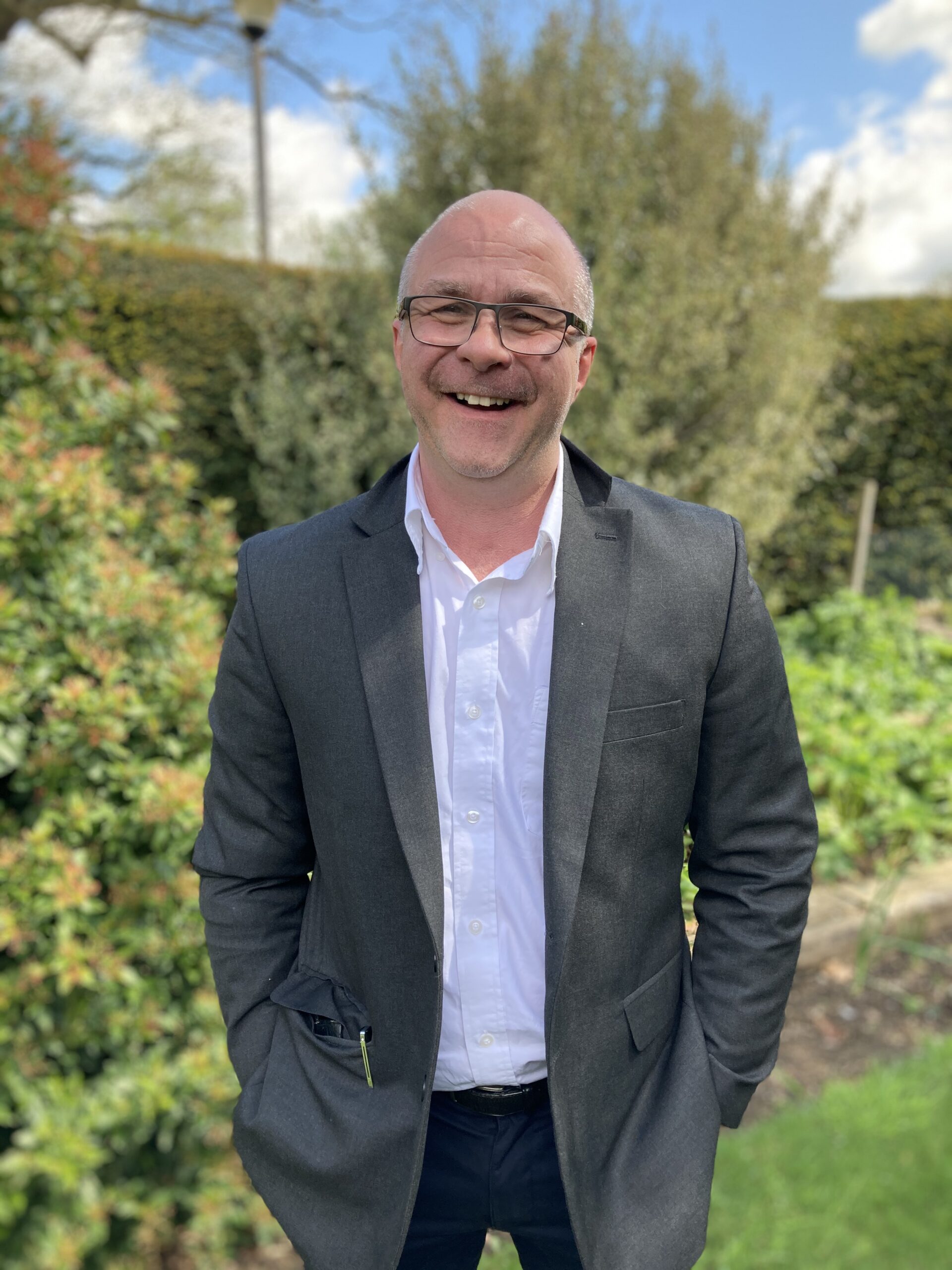
Posted on 22nd September 2025
A pioneering model of palliative care developed in Shropshire is being adopted across the UK – and will be given an international showcase at a specialist conference in Vienna next month.
Severn Hospice teamed up with the NHS to create a model of palliative care for adults with neuromuscular conditions.
Developed with the neuromuscular centre at the Robert Jones and Agnes Hunt Orthopaedic Hospital (RJAH) in Gobowen, the model addresses a previously unmet need in how adults with conditions like Duchenne muscular dystrophy are supported by palliative care services.
“There simply wasn’t a standard for providing palliative care to this group of patients,” said Prof Derek Willis, our medical director.
“Together with colleagues at RJAH, we wanted to change that to make sure people weren’t falling through the cracks.”
A gap in care
Prof Willis and his wife, Prof Tracey Willis – a neuromuscular specialist at RJAH – identified a gap in care where patients with advanced conditions were not being routinely referred to hospice services.
Over eight years, the couple worked with colleagues to develop a practical framework for how and when palliative care should be offered.
The result is what’s being referred to as the “Oswestry model” – a traffic light system that helps neuromuscular teams identify key stages in a patient’s condition where hospice involvement would improve quality of life.
The model has now been adopted nationally and has drawn international attention for its person-centred approach.
Prof Willis will introduce the model at the World Muscle Society’s annual conference in Vienna this October, opening the door for its use globally.
“It’s an exciting moment,” said Prof Willis. “Something developed here in Shropshire may help shape palliative care for people with neuromuscular conditions around the world.
“More importantly, it means that no matter where you live, you can expect the same standard of care.”
“At the amber stage, it’s about advance care planning and having important conversations about the patient’s wishes – both of which are areas where the hospice team can provide expert guidance,” Prof Willis explained.
“By the red stage, the person will need specialist support for managing symptoms, which is a core part of what we offer.”
Supporting healthcare professionals
As a recognised centre of excellence for palliative care, at Severn Hospice, we not only support patients and families across Shropshire, Telford & Wrekin, and Mid Wales, but also trains and equip other healthcare professionals.
This project highlights how research, education, and frontline care came together to benefit patients beyond the hospice walls.
“Our aim has always been to improve quality of life,” added Prof Willis. “We’re proud that this work, born out of collaboration, is making a difference for patients.”







